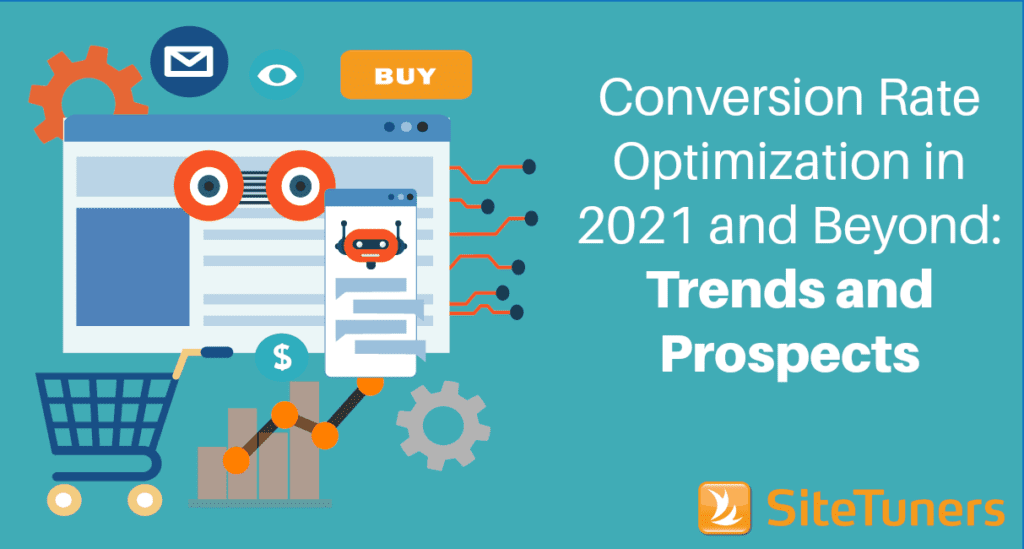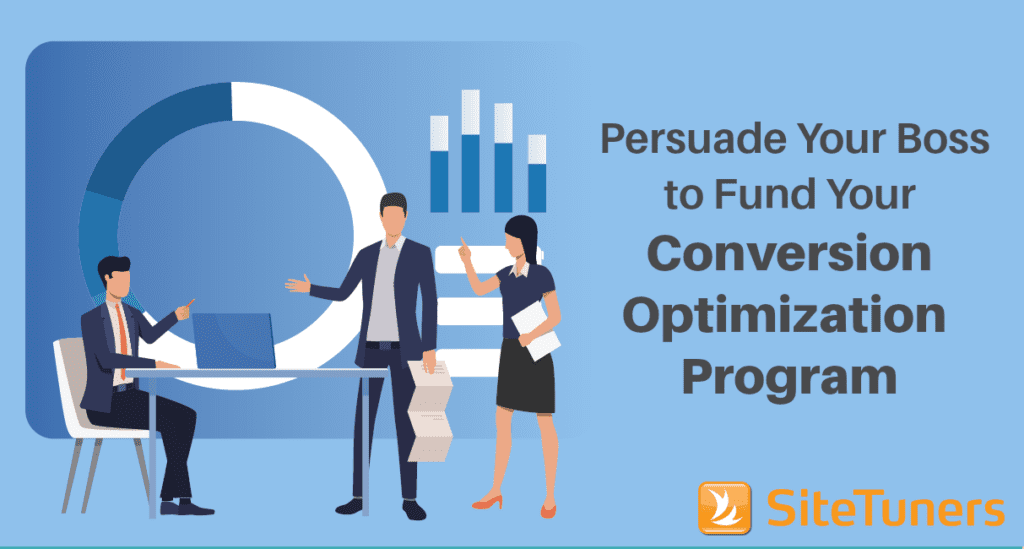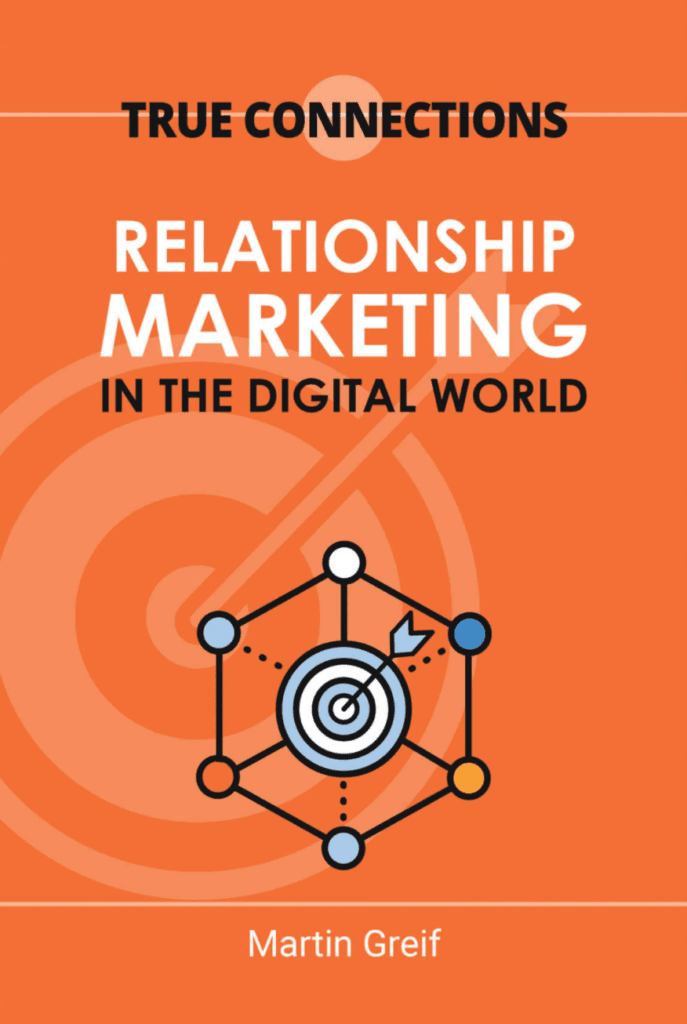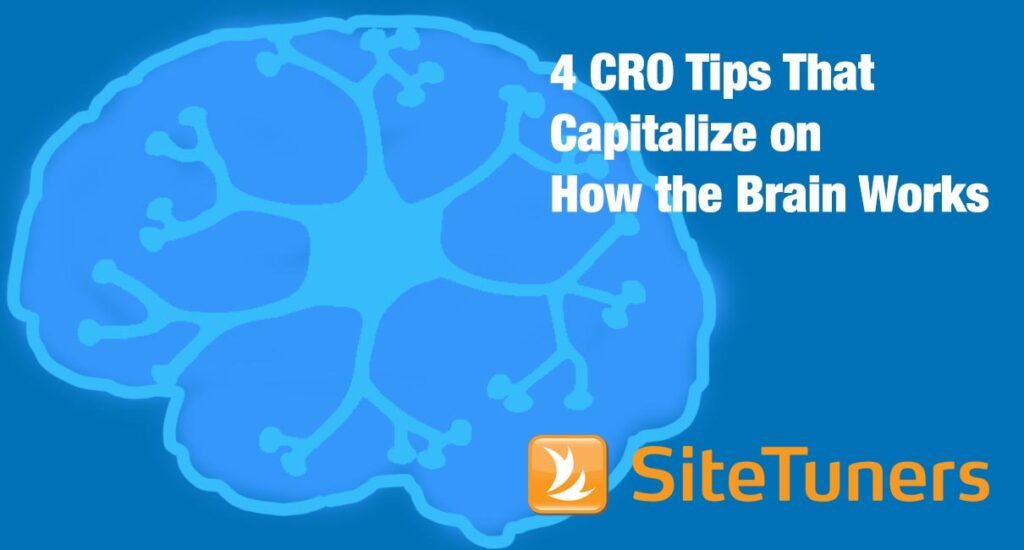Summary: The principles of marketing psychology can help you avoid selfish habits and put your customers’ needs first.
In this article, we are going to explain why it is in your best interest to center your focus on consumer empowerment. Learn how to successfully accomplish a customer experience that, not only leaves your customers satisfied, but cultivates a meaningful relationship that reciprocates the experience for your business.
Let’s examine today how you build and cultivate a long-term and meaningful relationship with your customer.
Did you miss our webinar “How Selfish are YOU”? Watch now on-demand!
As a marketer, you’re probably familiar with marketing psychology as a tool for understanding customers.
But in all your excitement about crafting the perfect marketing proposal or running a campaign plan with phenomenal results, you often forget about one big factor that influences everything from the marketing goals to the approach used in marketing execution:
You, the marketer.
Marketers are human. It is inevitable that you’ll bring your own set of biases, needs, desires, and habits into your marketing practice.
This is often a pitfall for marketers because, despite your best intentions, marketing psychology tells us the truth that:
Marketers are inherently selfish.

Conversion Rate Optimization in 2021 and Beyond: Trends and Prospects
While you strive to place your consumers as the top priority, your brain is wired to act on selfish motives. You know, things like “I want to prove my marketing mettle to the boss” or “I need to get more customers from this campaign.”
These motives often lead to a gradual decay of consumer empowerment. You no longer prioritize meeting consumer needs and goals and work on satisfying your own goals first.
If you want to hack your brain into steering consumer empowerment to the top consistently, you need to understand the “why” behind your near-automatic selfish behavior. Here, marketing psychology offers a lot of insight.
Why Marketers are Inherently Selfish?
In retrospect, do you think digital marketers want to be selfish? Are they stuck on their selfish decisions to cater to their needs? Hardly. After all, they just want their marketing campaigns to deliver well!
Let’s evaluate some of the reasons behind selfish marketing strategies based on marketing psychology:
- Business owners have the final say
All digital marketers know that the requirements and suggestions of the business owner are the top priority at the end of the day. In most cases, the owner directs their expectations according to their own self-interests as well.
- It’s hard to let go
Given the effort that digital marketers exert to create the perfect content and strategy for a website, it gets hard to let go of their works. With this, they tend to overload the website with too much information, therefore negating consumer empowerment.
- Reusing their best set of strategies
Even skilled digital marketers tend to forget that digital marketing is not a one size fits all experience. They make the mistake of cross-selling their top marketing strategy without considering their customers’ needs. They idealize that if their brilliant strategy worked before, it’s impossible not to work again.
- Overkill offers and requests
With their pursuit to attract customers in several creative ways, marketers can often place too many offers on their website and social media pages. From overcrowded sales waving at their faces to bombarding the customers with cues to like, share, or comment – they lose the critical balance of attraction.

Persuade Your Boss to Fund A Conversion Optimization Program
Marketing Psychology Behind Selfish Habits
As a marketer, it’s your job to secure Leads and ROI every waking day.
But before you step into your office, your basic human needs still profoundly affect the way you portray your interests at work. Every action you make is a building block towards your personal goals.
Think about it for a moment. Did you recently lend a hand to your colleague at work? Or do charity work last weekend? You definitely helped people with good motives.
But at a subconscious level, there’s still a guarantee of self-satisfaction you will get from these actions. Still not convinced? Let’s further tackle the “why” behind this.
- Maslow’s Hierarchy of Needs Theory
According to the American psychologist, Abraham Maslow, human behavior is driven by different levels of personal needs.

Source: https://www.simplypsychology.org/maslow.html
Considering your basic needs are met, such as food and shelter, you start aiming for a sense of belongingness from the people around you. This goal pushes you to do good things for others.
Once you fulfill your social needs, you will want reciprocation and appreciation for your efforts. You enter a stage where the complex pursuit for a good status in life becomes essential. It’s no longer just living to survive but striving to be recognized by others.
Now here comes the interesting part. The top of the pyramid states the need for self-actualization, which majorly supports our main idea, don’t you think? At the end of the day, you have to prove to yourself that you are truly good to ensure happiness and satisfaction from your personal life and work.
- Psychological Egoism
Another leading theory that supports self-interest as a driving factor behind human desire and motivation is Psychological Egoism. For centuries, great thinkers such as Socrates and Glaucon argued that people mainly engaged in good behavior out of fear of punishment. Once these social punishments are gone, humans act with their selfish nature, no matter the consequences.
Later on, contemporary thinkers Thomas Hobbes and Sigmund Freud also echoed this theory. They believed that people are mainly concerned with ulterior motives, seeking pleasure, and avoiding pain.
Do you resonate with these ideas?
Of course, these controversial takes from egoist perspectives often lead to negative reactions. Even so, it’s essential to accept this aspect of human nature to understand our self-serving motivations fully.
Don’t get us wrong, though. There are surely positive outcomes from self-actualization. Just like how a mentor and his student are both accomplished with learnings or a scientist immersed in research to share his knowledge. People can enjoy mutual benefits and recognition.
So when should you be worried that you’re being selfish? No matter how good your intentions are, you can get caught up on these selfish behaviors with one simple reason.
After all, you’re a human being who’s wired to act on instinct. What now?

More in-depth knowledge about how you will make Marketing In The Digital World work for you can be found in Martin Greif’s book.
Things Marketers Do That Scream Selfish Marketer
Given that humans are self-centered, it’s no surprise that this would spill over to their marketer role.
Below are just some of the ways that marketers unconsciously exhibit their selfish nature in their digital marketing practice. You’ll also learn how to avoid these so you can boost customer retention and loyalty.
- Tedious website requirements
It’s a major turnoff for customers when they are instantly bombarded with requests before even deciding what they can get from your website. For instance, websites that have compulsory registration before a visitor can access website content will surely scare away potential leads.

You can learn from Mailchimp’s instant display of benefits for their potential customers. They focused on solutions and direct-to-the-point call-to-action statements. Your customer only has a few seconds to spare to engage. Keep it simple and direct. It’s ideal to only include relevant information from the materials you are offering.
- Complicated purchasing process
Once the customer is in the process of purchasing, allow them to focus on the purchase! Don’t distract them with unnecessary CTAs. Your self-interest is showing when you cue your customers amidst the buying process. Excessive details defeat their motivation to come back for more. Check out this article on E-commerce Checkout Best Practices To Consider to Increase Conversions
- Confusing and overloaded website content
Steer clear from overwhelming content and website design. Marketing psychology proves that less is more as long as your audience’s interests are highlighted. Trying to fit everything on a webpage doesn’t really help in informing your customers of what you’re trying to achieve. The result is usually a noisy mixture of colors and popups flashing without warning.

In contrast with Uber’s homepage, their target audience will still easily know where to click even if they have different services available.
Invest in sleek and compact content that suits your target audience’s needs. Users appreciate personalized content without trying too hard. Want to learn more about 5 Lead Gen Landing Page Design Tips to Improve Conversions
- Bragging deals and details
We all understand the need to establish your reputation among your customers, especially with first-time visitors. However, bragging too much that you’re the best in the market may actually leave them skeptical of your legitimacy. Showcase measurable results instead of vague promises.

Making Web Visitors Feel Good: 6 Things to Consider to Build Trust Online
Consumer Empowerment and Its Benefits
The trick to overcoming this selfish dilemma is to remember that digital marketing is a game that you don’t play alone.
You’re never going to win if you only think of yourself. Even the most accomplished marketers will fail to build lasting customer relationships once they let their selfish nature control them.
They forget that customers’ self-interests should be fulfilled first!
“Remember, the people you address are selfish, as we all are. They care nothing about your interest or profits. They seek service for themselves. Ignoring this fact is a costly mistake.”
- Claude C. Hopkins, Scientific Advertising
Consumer empowerment is centered on catering to your customer’s wants and needs by aligning your goals with the right tools and efforts to help them to create smarter choices. In contrast to pushing selfish habits, smart marketers cultivate meaningful relationships with their customer base by satisfying their interests first.

The numbers tell it all. This infographic from Eckerd College Leadership Devt. Institute reflects how customer experiences are shaping all sales and marketing efforts in the present.
As a marketer, you have the edge of applying these lessons from marketing psychology to bridge the gap between you and your customers’ needs. You’ll be shocked to see that even your most loyal customers will gladly walk away once their expectations are not met in your one-way relationship.

We agree with Bizaboo’s customer review page statement – your customers should be the center of your universe! Check out how they garnered organic reviews that embody how they prioritize their customers’ feedback.
Consider the principle of reciprocity to action: satisfy the selfish needs of others in any relationship, and they will be more than willing to reciprocate the favor as customers.
The Key Takeaway: To Truly Optimize Your Marketing for Consumer Empowerment, First Let Go of Your Ego
We’re keeping it direct and honest: It’s not about you!
Using marketing psychology is a long-term practice of choosing your consumers’ interests first to achieve consistent conversions and brand loyalty.
Once you choose to be stuck on your personal interests, you’re only harnessing a part of your website’s potential. It’s your business to run, but it’s not about you! It takes a lot of maturity to break selfish marketing cycles.
But when you start to look at the larger picture, you can overcome these selfish marketing habits and highlight others’ perspectives – a perspective that would make all the difference between good marketing and great marketing.
Subscribe to the SiteTuners Weekly Email
Grow Your Business
Exponentially with Proven
Conversion Rate
Optimization Expertise.


